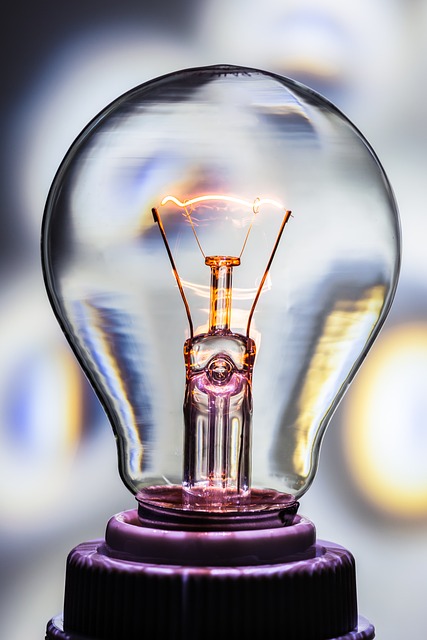In the vast tapestry of scientific achievements, the discovery of electricity radiates as a pivotal moment, reshaping the very fabric of our existence. Delving into history’s depths, our mission is clear: to unravel the enigma surrounding the question – Who Invented Electricity? This odyssey leads us through a captivating narrative of ingenious minds, daring experiments, and groundbreaking innovations that paved the way for harnessing this elemental force.
Our journey begins amidst ancient wonders, where curious civilizations like the Greeks and Egyptians observed the mystifying dance of static electricity. From these early sparks of curiosity emerged Benjamin Franklin, whose legendary kite experiment in 1752 not only proved the connection between lightning and electricity but also propelled the scientific community into uncharted territories.
As time flowed forward, Alessandro Volta’s voltaic pile in the late 18th century introduced the concept of continuous electrical currents, laying the foundation for modern batteries. Michael Faraday’s groundbreaking work on electromagnetic induction in the 19th century and Thomas Edison’s practical light bulb further illuminated this electrifying path.
Yet, the story doesn’t end there. Nikola Tesla’s revolutionary contributions to alternating current (AC) systems established the backbone of the modern power grid. Through this riveting saga, we explore the evolution from ancient experiments to the technological wonders of today, celebrating the collective brilliance of innovators who transformed the world. Join us in this enlightening expedition, where the quest to uncover Who Invented Electricity opens doors to understanding the essence of human ingenuity.
The Ancient Sparks: Early Encounters with Electricity
In the annals of history, the origins of electricity can be traced back to the marvels observed by ancient civilizations. The Greeks and Egyptians, in their quest to understand the world’s mysteries, stumbled upon natural phenomena linked to static electricity. These early encounters, marked by curious sparks and electrifying phenomena, laid the essential groundwork for the revolutionary discoveries that followed.
The intrigue surrounding these ancient sparks kindled the flames of curiosity, setting the stage for centuries of exploration and experimentation. Scholars and thinkers of antiquity marveled at the enigmatic forces that could cause objects to attract or repel one another, paving the way for future scientific inquiry.
As the wheels of time turned, the knowledge gleaned from these ancient sparks became the cornerstone upon which modern electricity was built. The observations made by these early civilizations formed the foundation for groundbreaking experiments by pioneers like Benjamin Franklin, who dared to harness the power of lightning, and Alessandro Volta, who conceptualized the first battery.In the ever-expanding tapestry of scientific understanding, these ancient sparks remain a crucial thread.
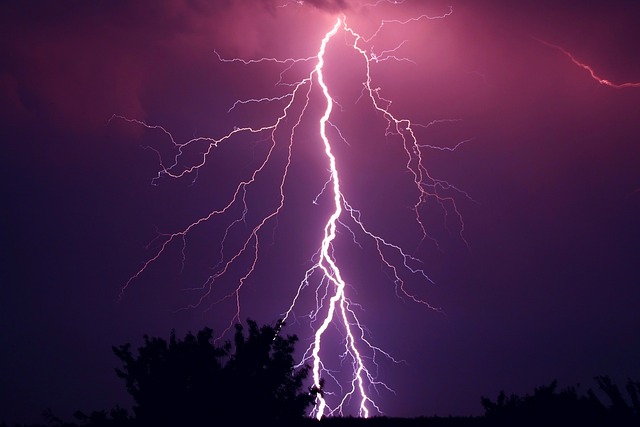
Who Invented Electricity: Benjamin Franklin's Electrifying Revelation
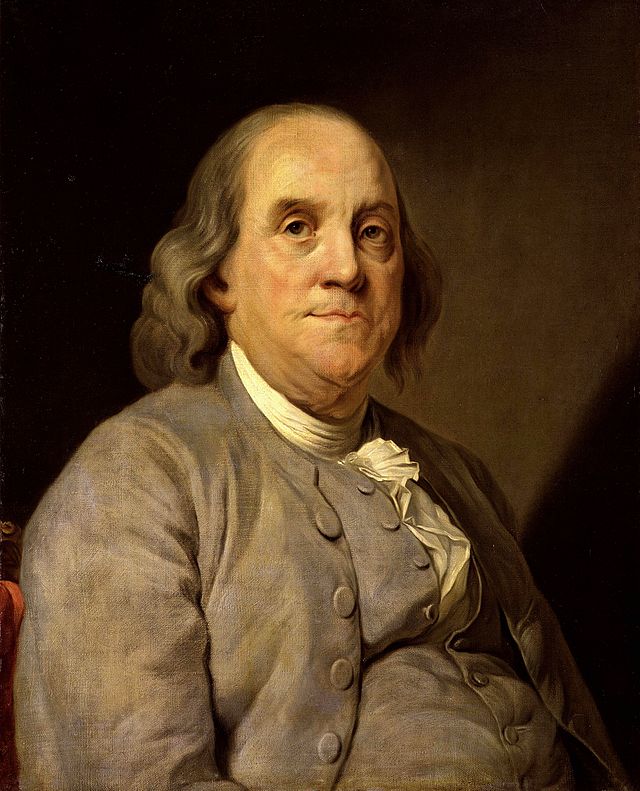
In the annals of scientific exploration, one name shines brightly: Benjamin Franklin. His legendary kite experiment in 1752 marked a pivotal moment in the quest to unravel the mysteries of electricity. With a simple kite and a key, Franklin ventured into the stormy skies, seeking to prove a daring hypothesis.
The outcome of Franklin’s experiment was nothing short of electrifying. As lightning struck the kite, a spark arced from the key, providing tangible evidence that lightning and electricity were one and the same. This groundbreaking revelation not only captured the imagination of his contemporaries but also laid the foundation for modern electrical understanding.
Franklin’s daring endeavor revolutionized scientific thinking. It dispelled myths and opened the door to a new era of knowledge, paving the way for remarkable advancements in technology and engineering. His ingenious experiment not only answered the age-old question of the relationship between lightning and electricity but also propelled humanity into an electrified future.
Alessandro Volta and the Birth of Voltaic Cells: The Dawn of Electrical Circuits
In the captivating saga of electrical innovation, Alessandro Volta emerges as a luminary figure. In the late 18th century, Volta’s groundbreaking invention, the voltaic pile, illuminated the path to understanding electricity in a way never seen before. This revolutionary creation marked a crucial milestone in the annals of science, ushering in the era of continuous electrical currents.
Volta’s voltaic pile was no ordinary feat. This ingenious device, an early form of battery, ingeniously harnessed electrical energy, providing the world with a glimpse into the possibilities of sustainable power. Volta’s innovation paved the way for the development of electrical circuits, shaping the foundation of modern electronics.
Through Volta’s pioneering work, the world witnessed the dawn of electrical circuits and the birth of a new era in technology. His invention laid the groundwork for countless discoveries and propelled humanity into an electrified future.
Alessandro Volta’s legacy resonates in every electrical appliance we use today, from light bulbs to smartphones, each powered by the principles he pioneered. His voltaic pile not only revealed the nature of electricity but also laid the foundation for an electrified world.
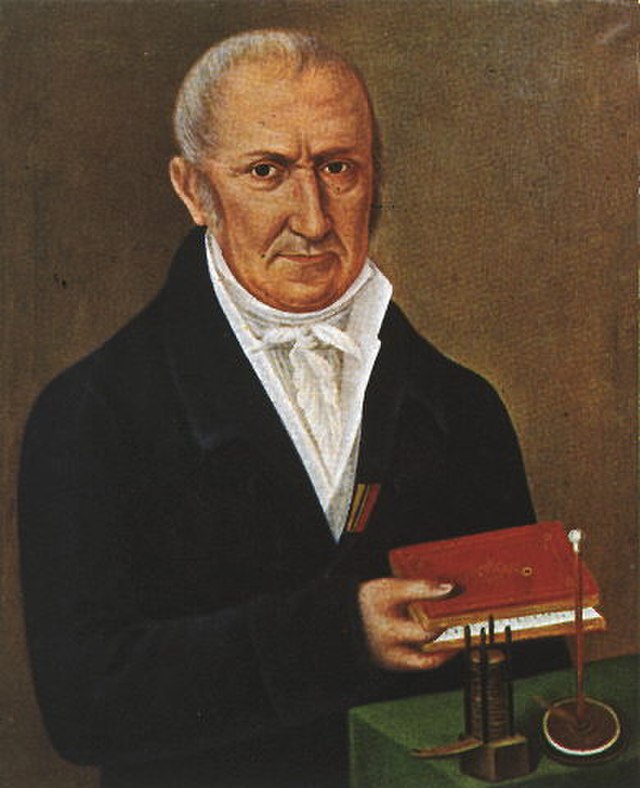
Michael Faraday: Laws of Electromagnetic Induction
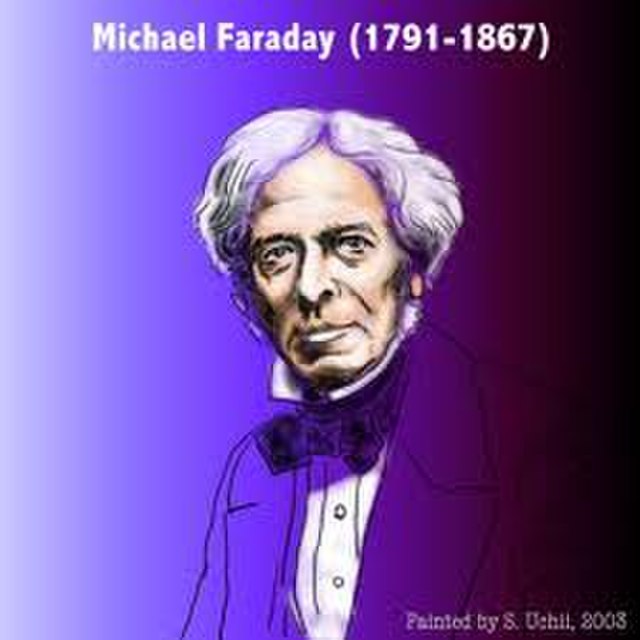
In the quest to unravel the mystery of electricity, Michael Faraday emerges as a pivotal figure. During the early 19th century, Faraday’s groundbreaking experiments paved the way for a fundamental understanding of electromagnetism. His work laid the cornerstone for electric generators, transforming electricity from a perplexing phenomenon into a practical and reliable source of power.
Faraday’s Laws of Electromagnetic Induction, a series of revolutionary principles, elucidated the relationship between electricity and magnetism. Through meticulous experimentation, Faraday demonstrated that a changing magnetic field induces an electric current. This profound discovery opened new avenues, leading to the development of generators that produce electricity on a large scale.
Faraday’s legacy is woven into the fabric of our modern world. His principles power homes, businesses, and industries worldwide, shaping the technological landscape we navigate today. By understanding Faraday’s contributions, we grasp the essence of electricity’s evolution, bridging the gap between scientific curiosity and practical application.
Thomas Edison and the Electric Light Bulb: Illuminating the World
In the annals of electricity’s history, Thomas Edison’s name gleams brightly. In the late 19th century, Edison’s ingenious mind and relentless experimentation led to a groundbreaking invention: the practical incandescent light bulb. This revolutionary creation marked a pivotal moment, illuminating the world in ways previously unimagined.
Edison’s incandescent light bulb transformed the very fabric of society. Suddenly, darkness ceased to be a barrier, and the night became as vibrant as day. Streets, homes, and businesses glowed with newfound radiance, enhancing safety and productivity. Electricity, once a scientific marvel, became a tangible and accessible reality for everyday use.
Edison’s innovation not only brightened physical spaces but also illuminated the path for countless future inventions. His work laid the foundation for the modern lighting industry, shaping the way we live, work, and interact after sunset. The incandescent bulb became a symbol of progress, ushering in an era where electricity became an integral part of daily life.

Nikola Tesla: Alternating Current and the Power Grid
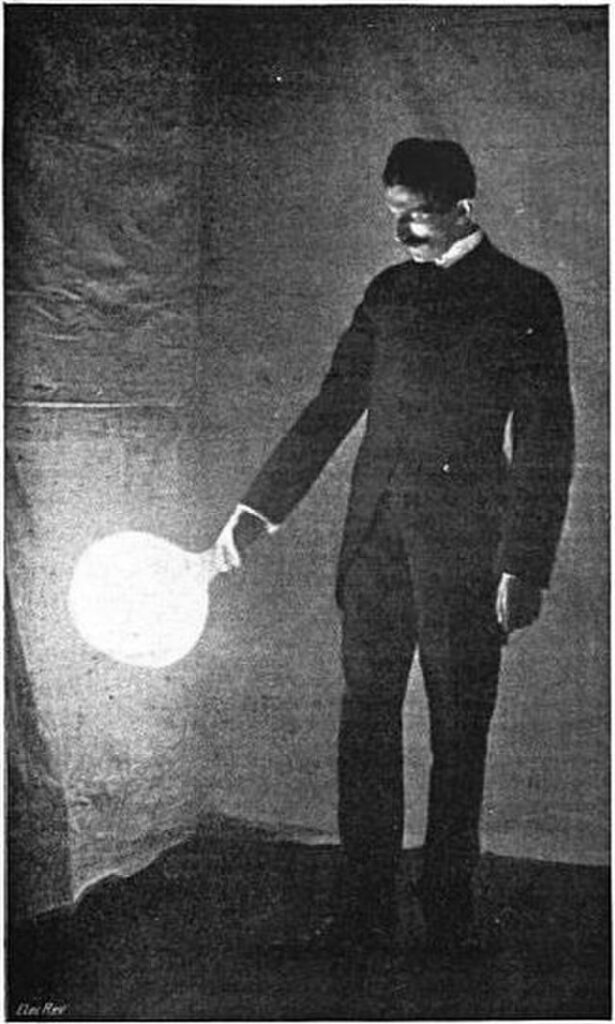
In the realm of electricity, Nikola Tesla stands as a luminary figure, shaping the very foundation of our electrified world. His groundbreaking work on alternating current (AC) systems transformed the way electricity is generated, distributed, and utilized. Tesla’s innovations formed the cornerstone of the modern power grid, powering homes, industries, and the entire spectrum of human progress.
Tesla’s mastery of alternating current was a paradigm shift. Unlike direct current (DC), AC allowed electricity to travel over long distances with minimal loss of energy. This breakthrough paved the way for efficient electricity distribution, enabling the creation of vast networks that now span continents. Today, the hum of alternating current courses through our lives, illuminating our homes, fueling our industries, and driving innovation.
The power grid, as we know it, owes its existence to Tesla’s brilliance. His inventions not only harnessed the power of Niagara Falls, lighting up the world-famous Niagara Falls Power Plant, but also laid the groundwork for countless power stations globally. Thanks to Tesla’s ingenuity, electricity became a ubiquitous force, empowering societies and fostering progress.
Electricity, the invisible force that powers our modern world, has a history woven with innovation and brilliance. From the ancient sparks observed by early civilizations to the intricate grid systems of today, the journey of electricity’s invention is a testament to human ingenuity.
In our exploration of “Who Invented Electricity,” we embark on a fascinating journey through time. We encounter the awe-inspiring tales of visionaries like Benjamin Franklin, Alessandro Volta, Michael Faraday, Thomas Edison, and Nikola Tesla. Each chapter of this narrative reveals a new layer of discovery, showcasing how these pioneers transformed natural phenomena into practical applications.
Yet, the story extends beyond individual names; it’s a saga of collective efforts. Curious minds across centuries, driven by the thirst for knowledge, have propelled humanity into an illuminated future. The invention of electricity stands as a testament to collaboration, curiosity, and the relentless pursuit of understanding.



